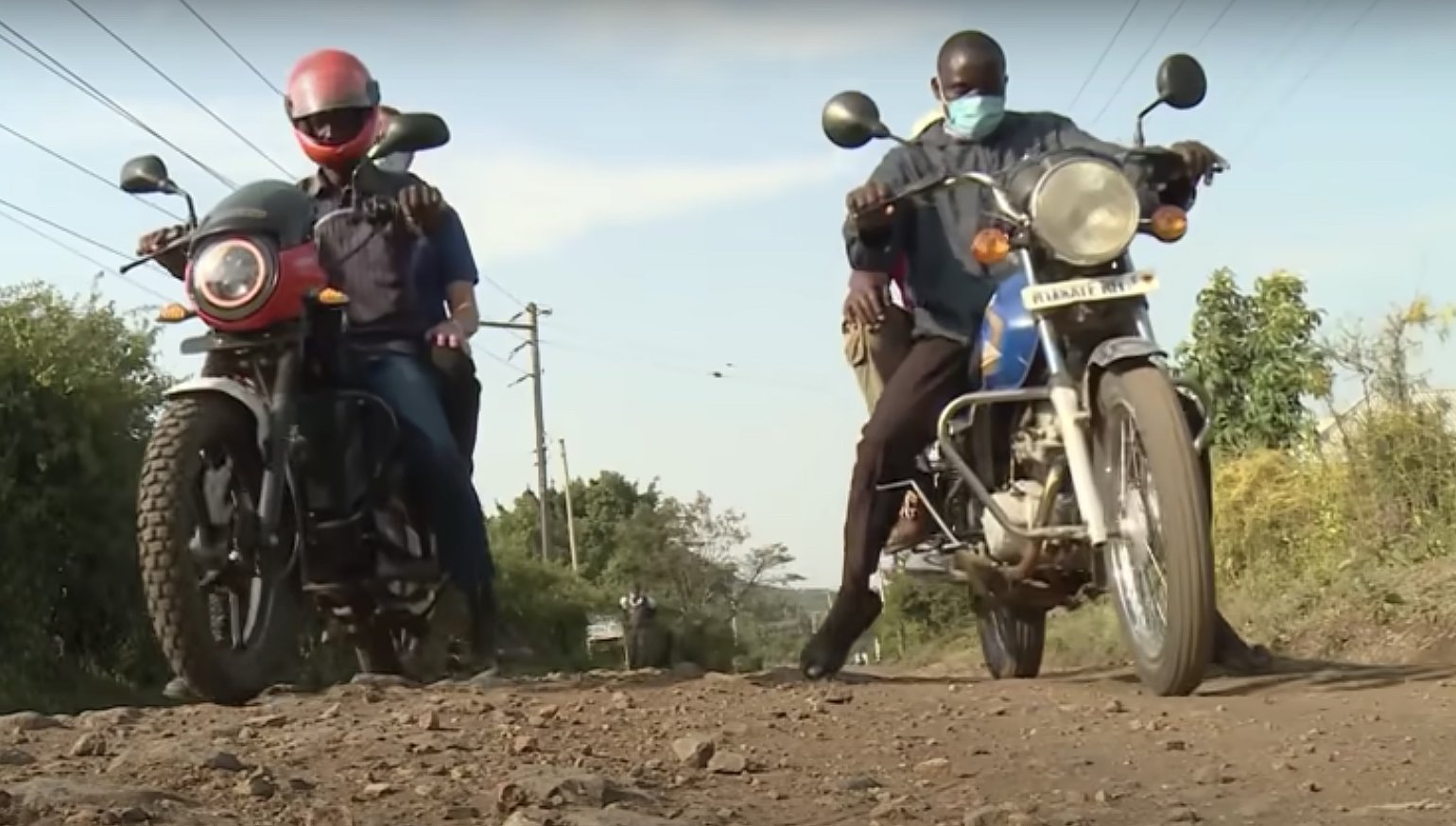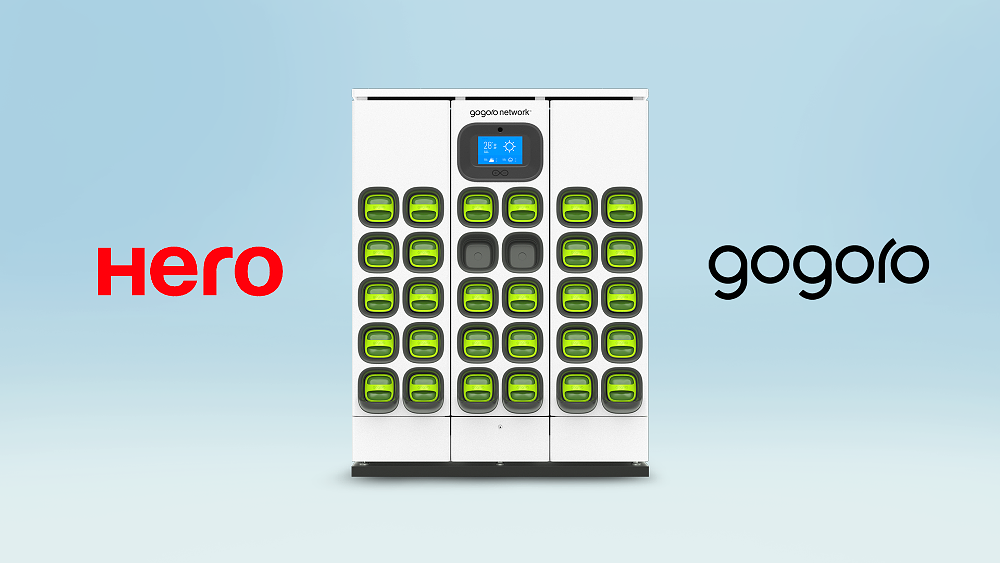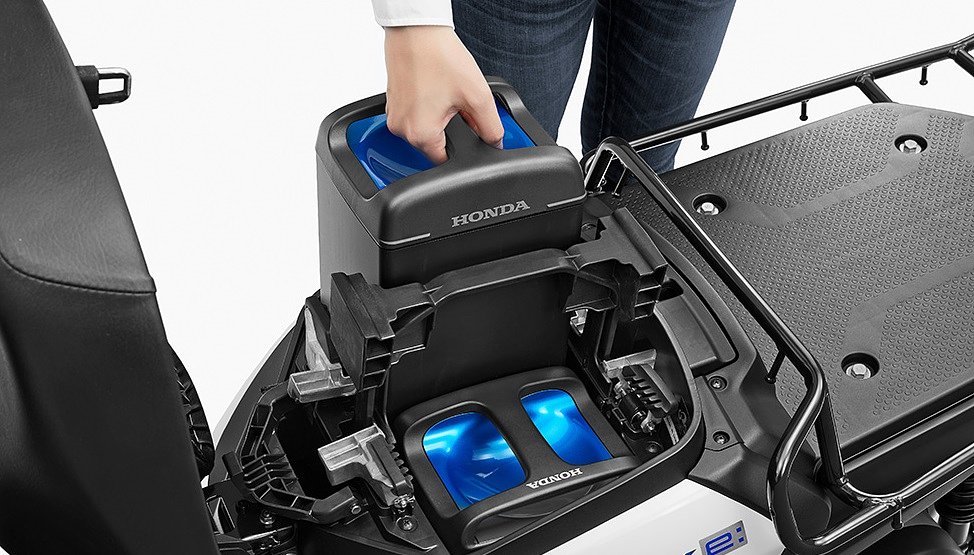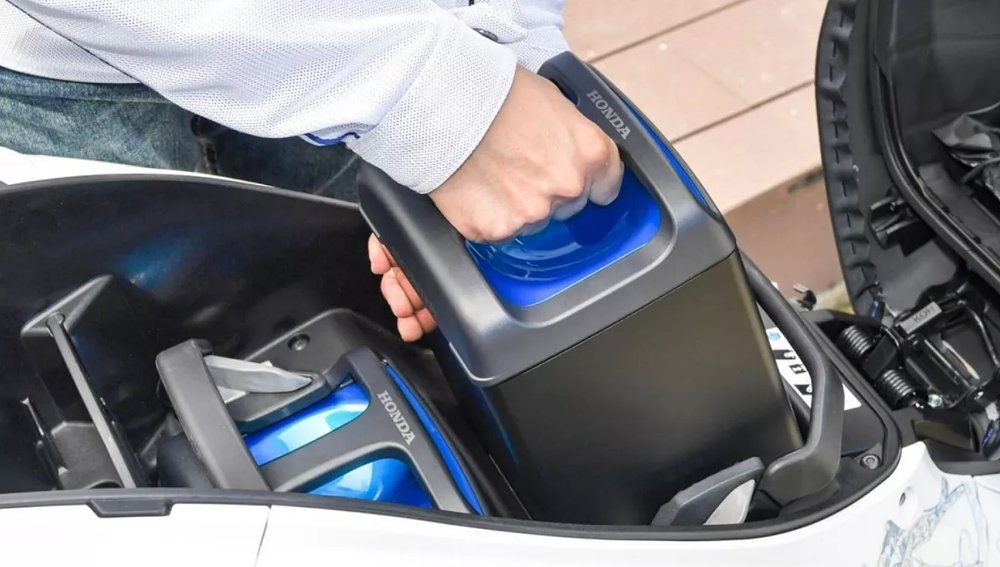For all the talk about electric vehicles and how to implement them into our modern world, it seems like countries in the developing world are at the bleeding edge of this progress. Among them, Kenya.
Loyal Common Tread readers will know that we’ve had plenty of stories covering the promised wave of electric motorcycles from major manufacturers, and that we’ve gotten excited about the idea of swappable batteries. Getting all of these ideas out to news websites is one thing, but actually making it happen means sorting out partnerships, sometimes intercontinental ones, and giving well-known brands some time to adapt. In Kenya, the process has been a little faster.
Small, utilitarian motorcycles are everywhere in Kenya and are used for all types of transportation — cargo, taxi, and family vehicles. Usually they are machines with air-cooled, single-cylinder engines and basic, low-cost chassis components. They are cheap, which means for an electric motorcycle to take the place of a gas-powered one there needs to be some economic loophole. In the case of the burgeoning market in Kenya, the trick is that the electric motorcycle's sale price does not include a battery.
Instead of owning the battery, riders rent them. Startup ARC Ride calls itself a “battery as a service” business, the idea being that if the infrastructure is built then people will use it en masse, rather than having to adopt the technology, and all of the cost, individually. An electric motorcycle without a battery can be bought for around $1,500, which is similar to the price of a gas-powered one. And the testimonial in the video above shows at least one rider in Kenya who states that it’s cheaper for him to use battery power than to buy gasoline.
One factor in solving the electric-vehicle puzzle is where to get the electricity used to recharge all of the batteries. In Kenya’s case, more than 85% of the country’s power in 2021 was generated through natural sources (geothermal, hydro, and wind). Estimates are that more than 75% of the nation has access to electricity, approximately 65% in rural areas and 100% in urban centers.
Even better is that the “country's power utility estimates it generates enough to charge two million electric motorcycles a day,” according to Reuters, and that’s more than the total number of motorcycles currently on the road in Kenya. With hundreds of thousands of motorcycles on the road every day in the capital city of Nairobi to serve the population of nearly five million, it seems plausible that a shift to electric motorcycles could significantly improve the air pollution situation.
For those of us living in countries with developed economies, it’s possible to slip into the mindset that, since many technological innovations come from industrial hubs or universities in the United States or Europe, other places are less likely to herald meaningful change. Innovative approaches like this one in Kenya, that makes the technology more accessible, are encouraging. It makes sense that the place that might overcome some of the downsides of electric motorcycles would be a one where they are necessary machines for daily life, not just alternative vehicles for Sunday rides.








